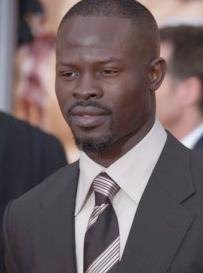
speak to her in yoruba, twi, swahili, sesarwa or shona.
she may not comprehend some,
but in all she will delight in a rhythm natural to her ear,
a movement instinctive to her tongue
and hopefully a reassurance that she has a home on the other side of the sea:
my sister is the soul in Africa’s golden daughters.
she has glistening brown eyes
like one who stared at the earth for too long,
her nose is fantastically flat,
her lips are fabulously full
and every hair strand in her dreadlocks is twisted and locked just the way it ought,
her smile flashes bright and wide because home lives in her.
sister’s skin shines dark black,
her hands heal everything they touch
and her song echoes a revolution in the valley of my soul.
today, I won’t let her cast her head down just because of skin.
Heaven fell in love with her dark black before she knew dark black.
brown skin or dark skin, it is of God not shame.
in time, these foreign soils she trots will speak her name.
and today, sister’s going to shine that black and lift her chin.
Donald Leungo Molosi. 2007






